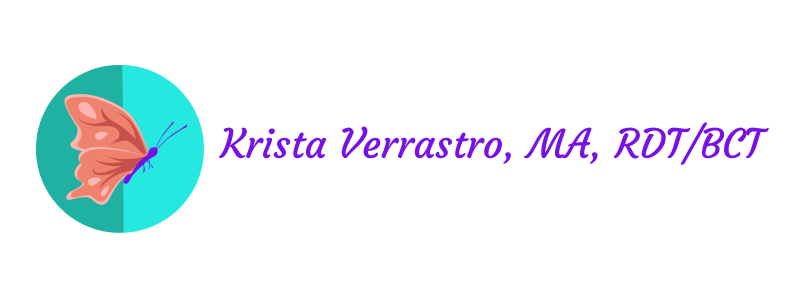
What is trauma?
A lot of people think of shock trauma centers at hospitals when they think of the word trauma. With situations that lead people to go to shock trauma centers, something happened to them physically that was so bad that it left a big impact on them. They may have broken bones or have to get stitches, and they may experience short-term and long-term issues from their injuries.
The kind of trauma that I specialize in helping people heal from is considered psychological or emotional trauma. This kind of trauma is when someone witnesses or experiences something that is so bad that it leaves a big impact on the mind. Just like people with physical trauma have short-term and long-term issues from physical injuries, people with psychological trauma have short-term and long-term issues from their psychological injuries.
I also specialize in interpersonal trauma or relational trauma, which is trauma that involves relationships. Although I understand the effects of various types of trauma, I have spent most of my career helping people whose trauma is a result of having been hurt by other people.
The good news is that more and more studies show that trauma can be healed.
Examples of trauma
- Abuse (physical, emotional, and sexual)
- Domestic violence
- Sexual assault
- Being trafficked
- Being bullied
- Neglect (physical and emotional)
- Religious trauma, spiritual trauma, or spiritual abuse
- Natural disasters
- Accidents
- Major illness
- Having a household member who has a mental illness, substance addiction, or has been incarcerated
How Trauma Affects People
- Short-term and long-term symptoms
- Aches, pains, and illness
- Anxiety
- Depression
- Anger
- Irritability
- Low self-esteem and shame
- Difficulties concentrating or remembering
- Changes in eating, sleeping, and sex drive
- A lack of sense of safety in the world
- Difficulties trusting people
- Relationship issues
- Substance abuse
What Is Trauma Therapy?
Trauma-informed therapy is when a therapist is trained to understand the effects of trauma and how to best treat its symptoms. I understand the ways that trauma impacts people physically, emotionally, socially, and even spiritually. I use my trauma-informed training to help clients feel safe and learn healthy coping skills so that we can slowly work our way to really dealing with the bad things that happened to them.
My training in drama therapy and EMDR helps me treat clients in a holistic way. Since trauma affects people physically, emotionally, socially, and spiritually, it makes sense to me to use an approach that treats those various aspects of peoples’ lives. Feel free to learn more about this approach in my blog article here.
Trauma Therapy for Teens
I have extensive experience helping teens who have been sexually abused. I provide them with education to help them make sense of what they have been through while arming them with knowledge so that it does not happen again.
I have helped families reunite after being torn apart when the abuse occurs within the family (when it is appropriate to do so, such as when the perpetrator of the abuse has gone through therapy and all parties involved feel that reuniting is in the best interest of the family).
I have also helped young teens who considered themselves to have consented to their abuse. Without making them feel judged, I help them understand the dynamics of abuse.
I also have experience helping teens who have experienced or witnessed domestic violence. I help them understand what they have experienced and help them explore their feelings about family dynamics.
In addition to talking with teens and using EMDR therapy, I use drama therapy much like some therapists use play therapy. I use masks, stories, art, writing, and games to help teens explore their feelings. You can learn more about this approach in my FAQ section, my drama therapy page, and in my blog.
Trauma Therapy for adults
I have extensive experience helping adults who have experienced physical abuse, emotional abuse, sexual abuse, and sexual assault. Sometimes their abuse occurred in childhood, and sometimes it occurred in adulthood. I provide information to let them know that their responses to what happened to them are normal, and I help them understand how these responses might continue to interfere with their lives. I help them reclaim their power and stop feeling stuck in the past.
In addition to talking with adult clients and using EMDR therapy, I use drama and other creative techniques at times. This may involve exploring roles that are played in real life, creating and exploring masks or other art, and using poetry or other creative writing. For more information about this approach, please see my FAQ section, drama therapy page, or my blog.
Contact Me for Trauma Therapy in Reisterstown or Online in Maryland
If you are ready to heal from your past or help your child heal from theirs, please contact me for a free 15 minute consultation.
